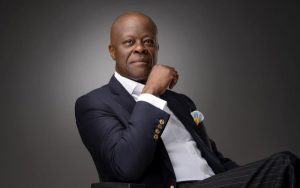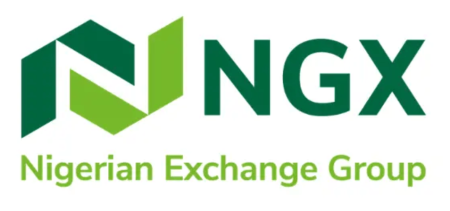
Abuja — Nigeria expects $10 billion in foreign currency inflows in the next few weeks to ease liquidity in a foreign exchange market that has cramped growth in Africa’s biggest economy, finance minister Wale Edun said on Monday.
The West African country has faced chronic dollar shortages after foreign investors exited local assets during a period of low oil prices. Since then, investors are yet to return and the central bank has not yet settled outstanding demand for dollars from foreign investors seeking to repatriate funds or airlines seeking to send money from ticket sales abroad.
As a result of the shortages, some businesses and individuals have turned to the black market, where the naira currency has hit successive record lows, widening the gap with the official rate.
Edun said President Bola Tinubu on Thursday signed two executive orders to allow domestic issuance of instruments in foreign currency and also allow all cash outside the banking system to be brought into the banks.
“There is a line of sight on $10 billion worth of inflow of foreign exchange in a relatively near future, in weeks rather than months,” Edun told a business conference.
He added that liquidity would also come from state-oil firm crude sales and foreign investment firms willing to invest in Nigeria.
“These measures taken as a whole and comprehensively should lead to the flow of foreign exchange.”
On Monday, the naira hit a record low of 1,200 per dollar on the black market, two days after it fell to a new low of almost 1,000 naira on the official market.
Tinubu told the conference that all forward contracts entered into by the government would be honoured while the country’s central bank governor said the currency would adjust once rules for market participants were made clear.
*Chijioke Ohuocha, MacDonald Dzirutwe, editing: Bernadette Baum & Mark Potter – Reuters



